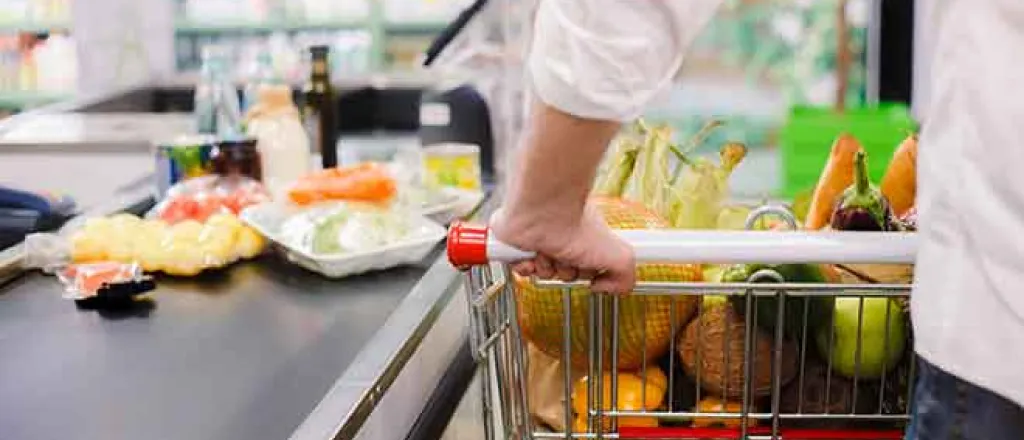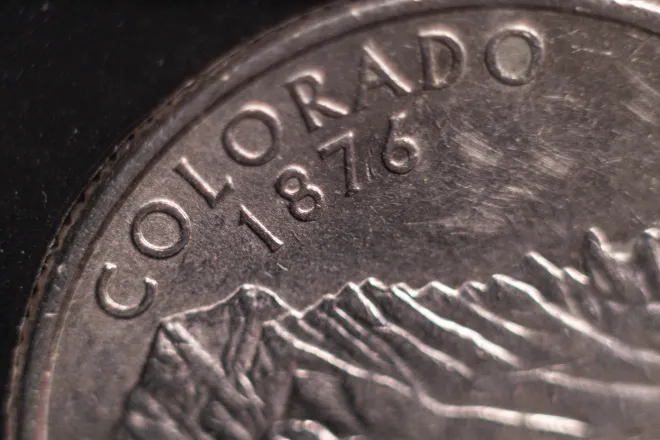
Poll: Americans expect grocery prices to continue to rise
(The Center Square) – The majority of Americans expect their grocery bill to get even higher in the future, according to a new poll.
Rasmussen Reports released the survey Tuesday which showed nearly all Americans are paying more for their groceries than they were last year. On top of that, 61% of Americans say they expect grocery prices to be higher a year from now.
“Americans have noticed they’re paying higher grocery prices, and most expect the cost of food to keep going up,” Rasmussen said. “The latest Rasmussen Reports national telephone and online survey finds that 89% of American Adults say they’re paying more for groceries now than they were a year ago, an increase from 87% in April. Only six percent (6%) now say they aren’t paying more for groceries.”
The survey comes after federal data has shown a rapid rise in inflation since President Joe Biden took office.
But grocery bills aren’t the only pain point for Americans. A recent Morning Consult survey reports that parents expect to spend more money as their kids return to school this year.
As The Center Square previously reported, the poll said 19% of parents can’t "afford all the back-to-school supplies they need.” Only 9% felt the same in 2020.
“Larger economic trends indicate that essentials like notebooks, pencils and new clothes for growing kids will still make it into shopping carts, but discretionary items might be at risk of getting cut or at least traded down to less expensive options,” the survey said. “The majority will shop in stores or mix online and instore shopping, highlighting opportunities for retailers to use location and loyalty data to push additional shopping trips for customers buying back-to-school items. Retailers juggling inventory challenges and inflation pressure must precisely target cross-channel promotions and push in-store upsell opportunities to earn their share of wallet from these eager but stressed-out shoppers.”

















